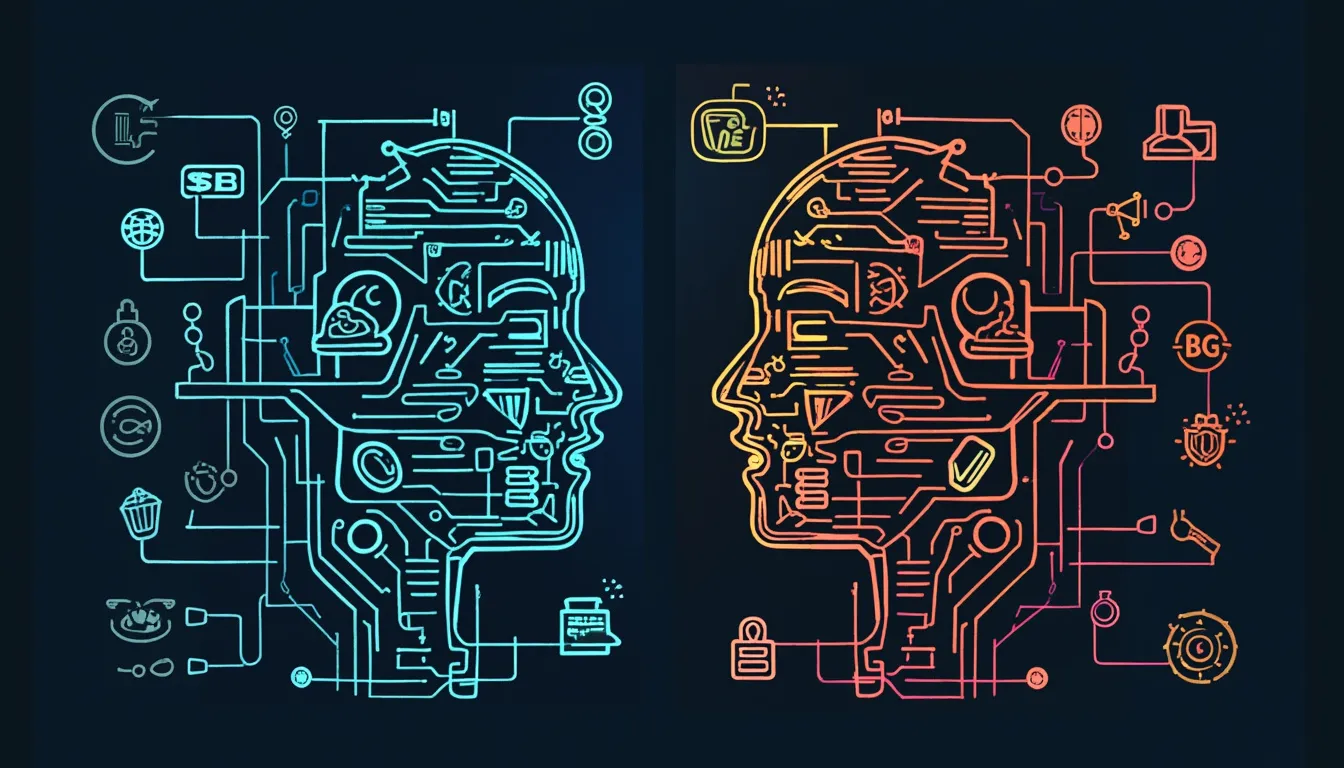In today’s digital age, Artificial Intelligence (AI) is swiftly becoming a cornerstone of our daily routines. It impacts everything from personalized recommendations to advanced cybersecurity systems. However, with this remarkable rise comes a host of ethical considerations, ranging from fairness and privacy to security, transparency, and sustainability. Understanding these ethical issues is vital, especially for businesses looking to devise a competent cybersecurity strategy.
Fairness, Privacy and Security
AI ethics starts with fairness, which involves avoiding bias and discrimination. However, as reliance on these systems has expanded, the impacts of inherent biases have become increasingly apparent. One notable incident involved Google’s image-tagging AI, which misclassified Black people – an unfortunate event that revealed traces of human bias in AI.
Besides fairness, privacy protection is a critical element in AI ethics. With user data powering AI models, its security is a top priority. Unfortunately, the commercial sector’s insatiable appetite for data often results in privacy violations. The 2018 Cambridge Analytica scandal serves as a stark reminder of what happens when data practices are loosely controlled.
Despite its crucial role, security is often overlooked in AI development. While AI can help improve security by identifying and mitigating threats, it can also be exploited for malicious purposes, illustrating the paradox of power. This reality was seen in the 2016 Uber data breach, which exposed data from millions of users and drivers.
Transparent and Accountable AI Systems
Transparency is about ensuring AI operations are explainable. The “Black Box” nature of some AI systems obscures their decision-making process, a major hindrance in sectors where understanding the rationale behind decisions is critical.
Accountability, the linchpin of an ethical framework, requires AI systems to be auditable and traceable. A startling example of the need for strong accountability mechanisms was seen in Microsoft’s 2016 Twitter bot debacle, where the bot rapidly began disseminating offensive language.
Sustainability and Human Oversight
Promoting AI sustainability is crucial in balancing technological advancement with socio-economic impact. Ensuring sustainability means that businesses must be aware of the AI ripple effect, a concept that suggests that unchecked AI use could lead to systemic unemployment.
Human oversight is about ensuring the retention of human responsibility and accountability, regardless of the level of advanced AI design. The tragic accident involving an autonomous Uber vehicle in 2018 highlighted the dangers of fully automated systems without sufficient human oversight.
In a nutshell, ethical considerations must be an integral part of AI development from inception through execution. This understanding has spurred the creation of tools and frameworks for maintaining ethical considerations in AI system design and deployment.
Corporate Responsibility and Cybersecurity
Adhering to ethical guidelines is a shared responsibility between AI developers and businesses that adopt AI technologies. Companies should treat AI not as a magical remedy, but as a powerful tool that, if misused, can open up vulnerabilities. Moreover, neglecting privacy and security can underscore the importance of robust cybersecurity measures.
Sustainability and human oversight demand a balanced automation strategy. Additionally, transparency and accountability can generate trust, a crucial asset in today’s digital age. Companies that effectively assess and manage their AI systems can boost stakeholder trust and regulatory compliance.
To sum it up, respect for ethical, legal, and societal implications is paramount for organizations looking to harness the potential of AI. The onus is on businesses to align their cybersecurity strategy and business direction with these ethical considerations.
Are you ready to align your business with AI ethics? Get in touch with us for a free consultation. Let us guide you through AI ethics, helping you build a cybersecurity strategy that addresses these concerns while also shaping a sustainable future for your organization in the era of Artificial Intelligence.





